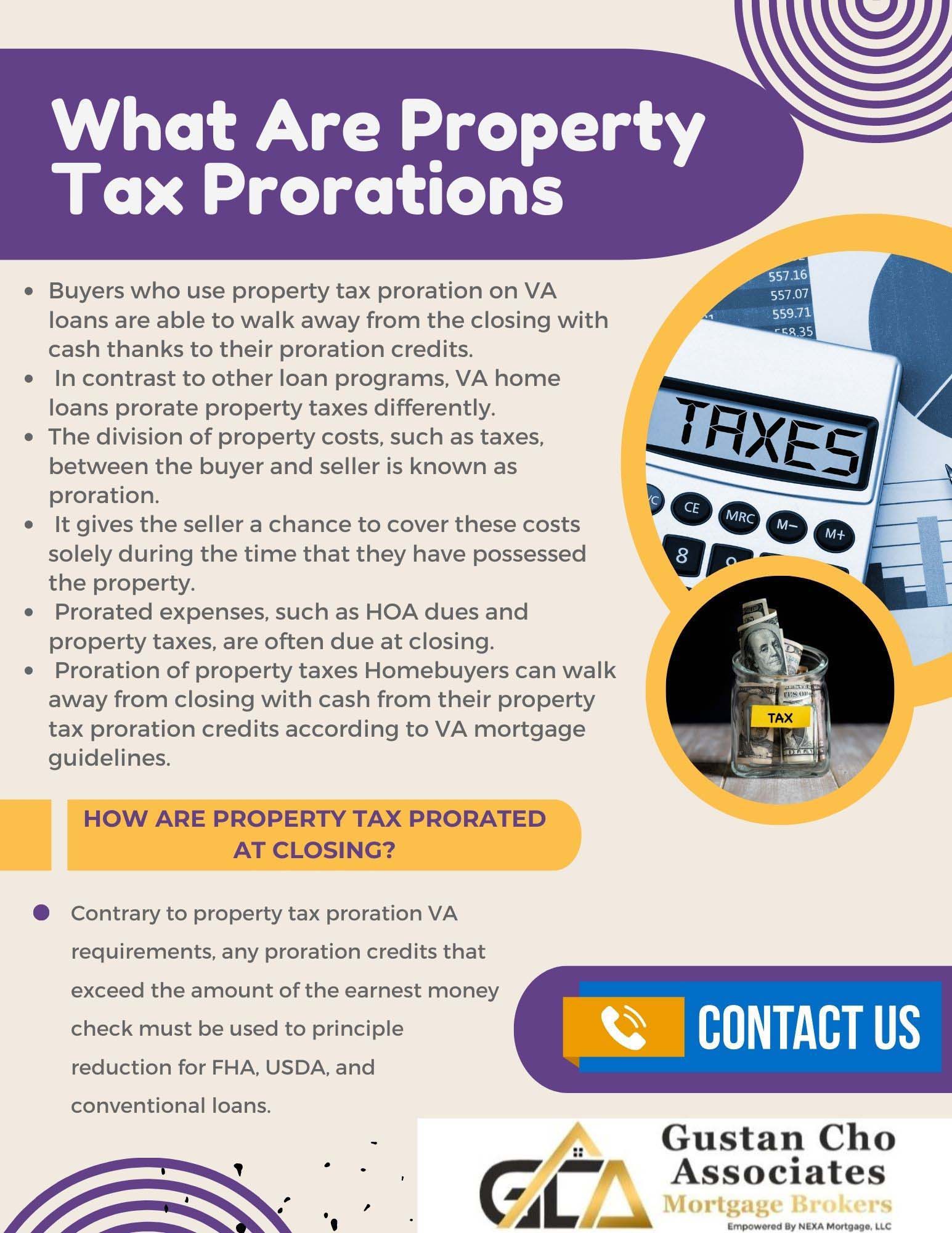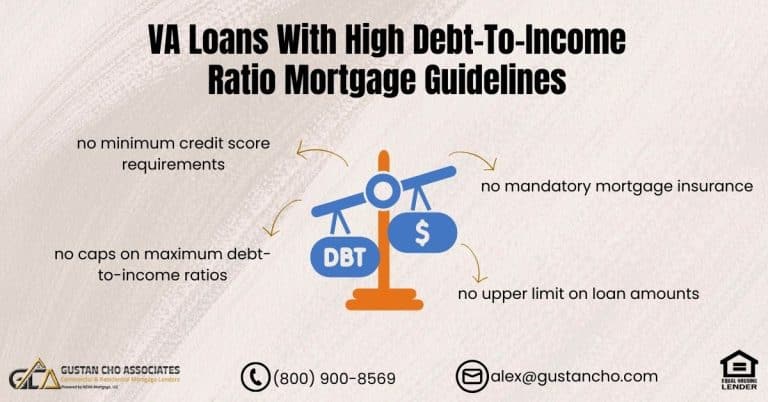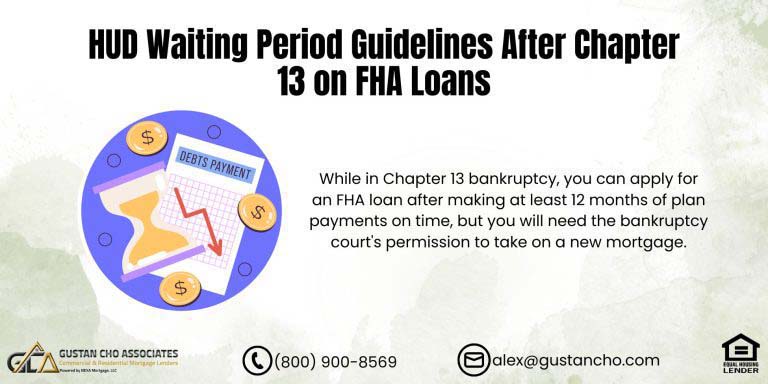This guide covers property tax proration VA guidelines on VA home loans. There are certain states where property taxes are paid in arrears. States, where property taxes are paid in arrears, require that sellers credit buyers with the prior year’s taxes at closing. These is called property tax proration credits. Every loan program has property tax proration guidelines. In the following paragraphs, we will cover property tax proration VA guidelines on VA loans. In the following paragraphs, we will cover property tax proration VA guidelines on VA home loans.
What Are Property Tax Prorations
Property tax proration on VA loans allows buyers to walk out with cash at closing from their proration credits due to them. Property tax proration on VA home loans is different than other loan programs. Property tax proration VA guidelines on VA mortgages allows home buyers to walk out with cash at closings from their property tax proration credits.
Confused About Property Tax Proration on a VA Loan?
Apply Now And Get recommendations From Loan Experts
How Are Property Tax Prorated at Closing?
The prorated amount is calculated based on the days each party owns the property during the tax year. This is typically done by dividing the total annual property tax amount by the number of days in the tax year, then multiplying by the number of days each party owns the property.
Property taxes are assessed annually by local governments. The tax amount is based on the assessed value of the property and the local tax rate.
Unlike property tax proration VA guidelines, FHA, USDA, and Conventional loans require any proration credits more than the amount of earnest money check needs to go to principal reduction. We will cover more on property tax proration VA guidelines and how it is different than other loan programs in this article.
How Are Property Tax Prorations Administered
Property Tax Prorations Based on Closing Date
The proration is usually based on the closing date of the sale transaction. For example, suppose the closing date is June 30th. In that case, the buyer will typically be responsible for taxes from July 1st onward, while the seller will be responsible for taxes from January 1st to June 30th.
Local Variations on Property Taxes
It’s important to note that specific procedures and regulations regarding property tax proration may vary by locality. Therefore, buyers and sellers should consult with a local real estate professional or attorney familiar with the practices in their area.
States with property tax prorations offers various exemptions and relief programs for certain property owners, such as senior citizens, disabled individuals, veterans, and certain properties used for agricultural or conservation purposes.
These exemptions and relief programs may affect the amount of property taxes owed. They should be considered when calculating prorated taxes during a property sale. For precise guidance on property tax proration in a specific locality, individuals should consult with local real estate professionals, attorneys, or tax assessors familiar with the area’s regulations and practices.
States Where Property Taxes Are Paid In Arrears
Not all states have their property taxes paid in arrears. Only several states require property tax proration credits by sellers to credit buyers. Since Gustan Cho Associates is headquartered in Illinois, we will take a case scenario on how property tax prorations work. Again not all states have homeowners’ property taxes paid in arrears.
The prorated property taxes are often documented in the closing documents and adjusted at closing. The settlement agent or attorney handling the closing typically calculates and ensures the appropriate adjustment is made.
Illinois is one of the states that do. Let’s take an example a home buyer buy a $200,000 home with a VA loan. Property taxes are $10,000 per year. Let’s say the borrower gets a 4% sellers concession which is $8,000. Actual closing costs are $6,000. Gustan Cho Associates are mortgage brokers licensed in 48 states with no overlays on government and conventional loans.
Not Sure Why Your VA Closing Disclosure Shows Weird Tax Credits?
Apply Now And Get recommendations From Loan Experts
Mortgage Agency Guidelines on VA Loans
So there is no minimum credit score nor DTI cap requirements with us. Borrower got an approve/eligible per automated underwriting system with a 540 credit score and 60% debt-to-income ratio. The borrower got a higher rate of 5.5% due to loan-level pricing adjustments due to his low credit scores. VA offers 100% financing so no down payment is required.
How Much Money Do You Need To Buy a House With Property Tax Prorations?
Closing costs are $6,000 so there are no closing costs. The $2,000 overage in seller concessions are used to buy discount points to lower his 5.5% interest rate to 5.25%. He needs to bring zero to the closing table. Due to property tax proration VA guidelines, the seller owe the borrower the previous year of taxes which is $10,000. Due to property tax proration VA guidelines, home buyers walk out with a $10,000 check after closing.
Property Tax Proration VA Guidelines Versus FHA USDA and Conventional Loans
Home buyers cannot walk out with cash with property tax proration credits on FHA, USDA, and Conventional loans. The only way borrowers can walk out with cash is if they have put down sufficient earnest money deposit. This topic can get quite confusing so let’s take the above case scenario. Buyers buy a $200,000 home with $10,000 tax proration credits. Puts down $1,000 in earnest money. Has enough closing costs by sellers in seller concessions so no money out of pocket, Needs a 3.5% down payment due to FHA down payment requirements or $7,000.
Home Buying Process With a VA Loan
The borrower will get $1,000 earnest money credited towards the down payment so the amount needed would be $6,000. The borrower has $3,000 in cash credit from proration credits PLUS $1,000 credit from earnest money for a total of $4,000. FHA, USDA, and Conventional loans do not allow borrowers to walk away with $3,000 cash at closing. The $3,000 will be applied toward the principal reduction of the borrower’s mortgage loan balance.
Earnest Money on a Home Purchase
The borrower will get the $1,000 earnest money back or credit toward the down payment. However, if the borrower were to put $4,000 in earnest money versus $1,000, the borrower can walk away with cash from the property tax proration credit. Borrowers with more questions on property tax proration guidelines on VA loans and other loan programs, please contact us at Gustan Cho Associates at 800-900-8569 or text us for faster response. Or email us at gcho@gustancho.com. The team at Gustan Cho Associates is available 7 days a weeks, on evenings, weekends, and on holidays.
This blog on Property Tax Proration VA Guidelines on VA Loans Was Updated and Published on March 4th, 2024
Want To Make Sure You’re Getting the Right Tax Credits at Closing?
Our team will double-check your property tax proration under VA guidelines before you sign










